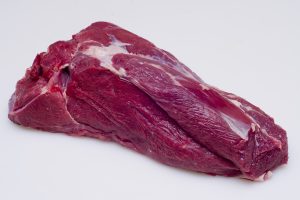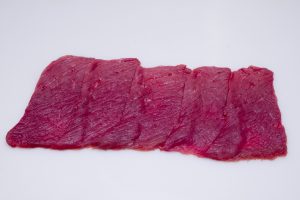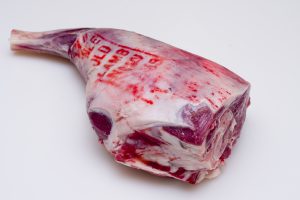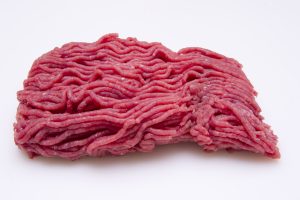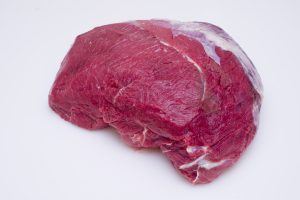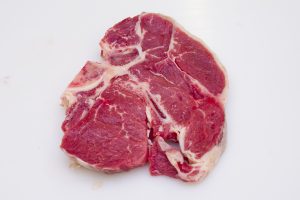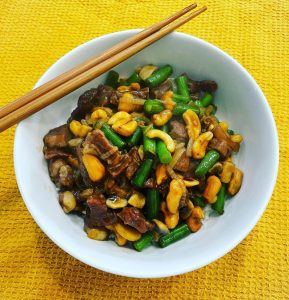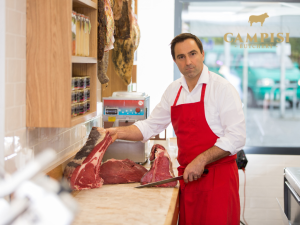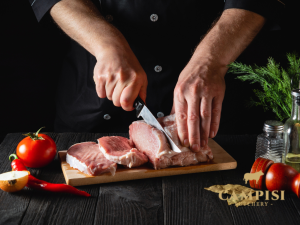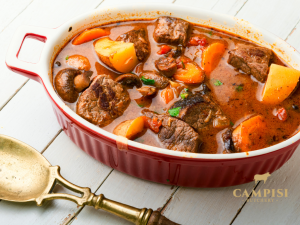In today’s competitive market, effective marketing strategies are crucial for meat wholesalers looking to establish and expand their business. The ability to differentiate your offerings and communicate value to your target market can significantly impact your market presence and profitability.
The Importance of Effective Marketing in Meat Wholesaling
Marketing in the meat wholesaling sector is not just about selling products; it’s about creating relationships, understanding market needs, and positioning your business as the go-to source for quality meat products. Effective marketing strategies can help in building brand recognition, fostering customer loyalty, and navigating the competitive landscape of the meat industry.
Identifying Your Target Market
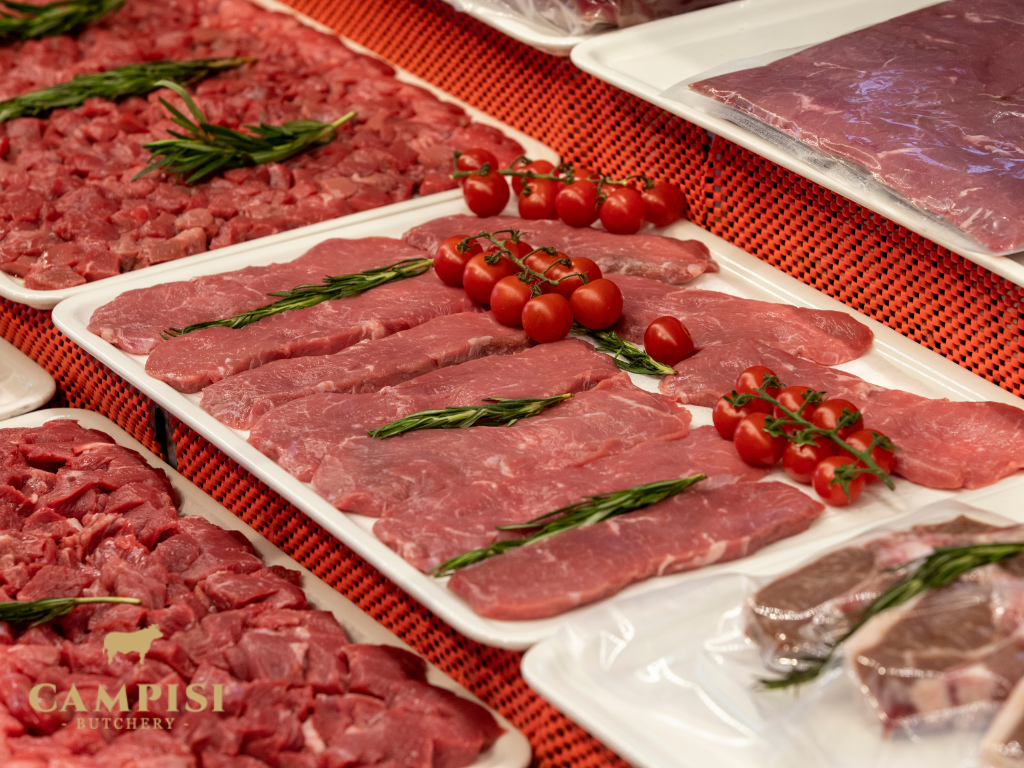
A deep understanding of your target market lays the foundation for all your marketing efforts, enabling you to tailor your strategies to meet the specific needs and preferences of your audience.
Understanding Your Audience
Identifying your target market involves researching and analyzing the specific segments of the market that your business aims to serve. For meat wholesalers, potential target markets include retailers, restaurants, catering services, and institutions like schools and hospitals. Understanding factors such as their purchasing habits, preferences, and the challenges they face can guide the development of more effective marketing messages and strategies.
Segmentation Strategies
Market segmentation involves dividing a broad target market into subsets of consumers who have common needs and priorities. This can be based on various factors, including geographic location, business size, and buying behavior. Tailoring marketing efforts to these segments ensures more personalized and effective communication, increasing the chances of engaging potential customers.
Developing a Marketing Plan
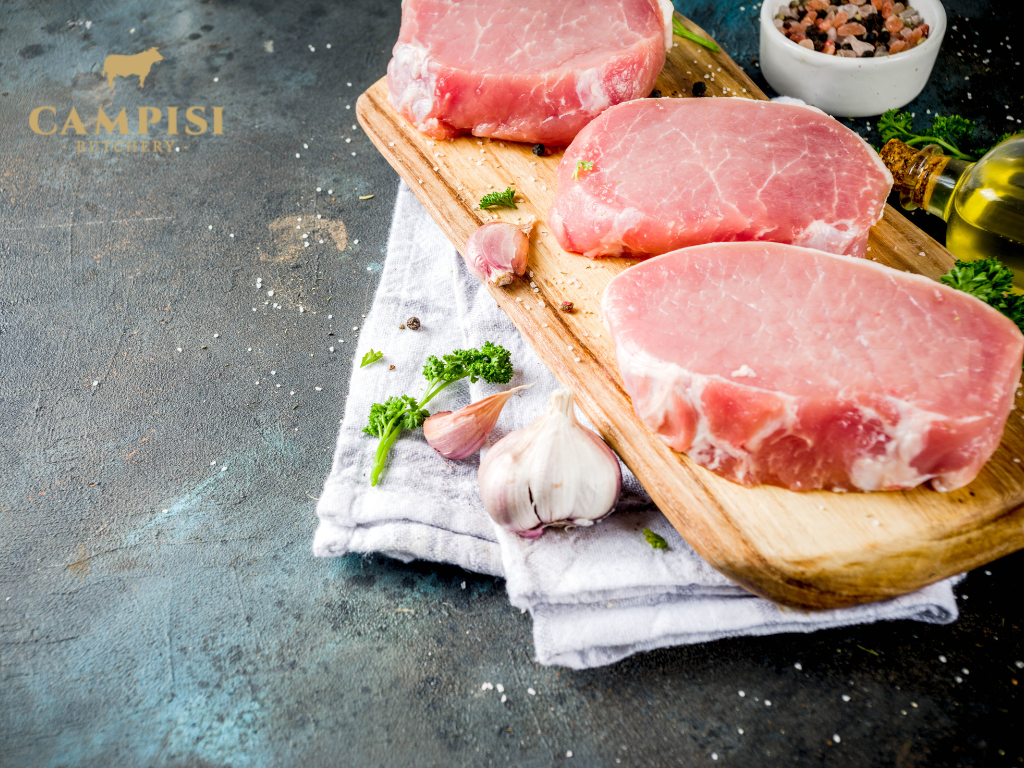
A well-structured marketing plan is essential for coordinating your marketing efforts and ensuring they align with your business objectives.
Setting Marketing Objectives
Start by defining clear, measurable objectives for your marketing plan. Objectives may include increasing brand awareness, growing market share, enhancing customer loyalty, or launching new products. Setting SMART (Specific, Measurable, Achievable, Relevant, Time-bound) objectives provides a clear direction for your marketing activities and a basis for measuring success.
Choosing the Right Marketing Channels
Selecting the most effective marketing channels is crucial for reaching your target audience. Options include:
- Digital Marketing: Utilizing online platforms like social media, email marketing, and SEO to reach a broader audience efficiently.
- Traditional Marketing: Leveraging print ads, direct mail, and industry trade shows can be effective for reaching certain segments of the market.
- B2B Platforms: Participating in B2B platforms and online marketplaces can connect you directly with businesses looking for meat suppliers.
Digital Marketing Strategies
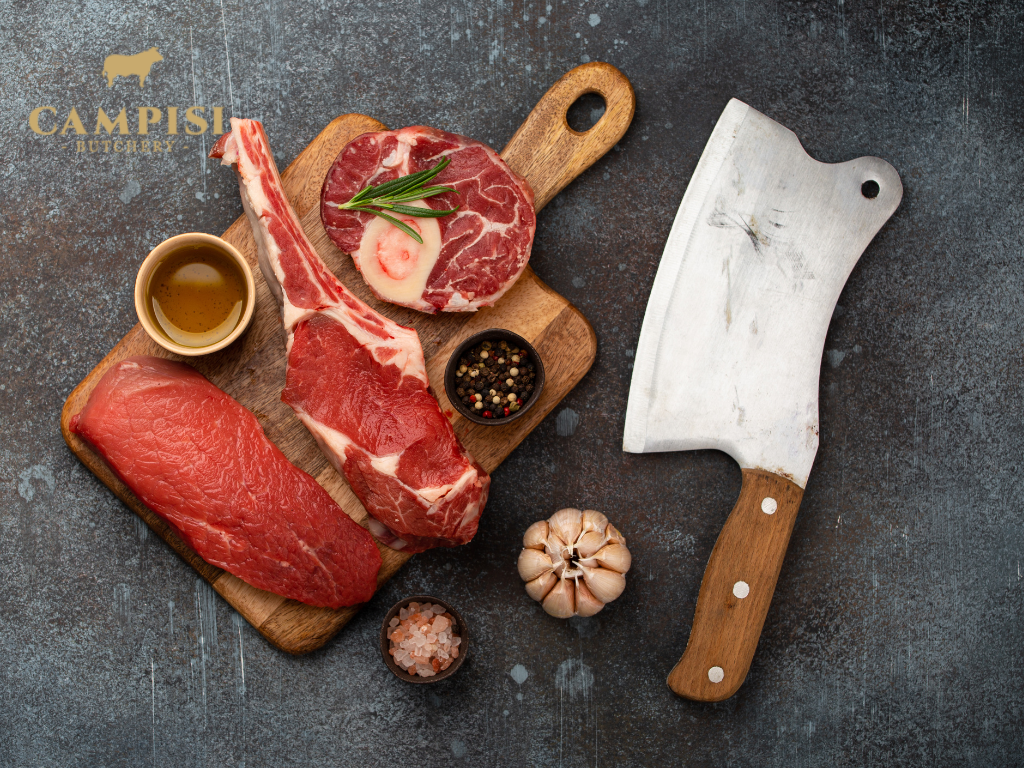
In the digital age, having a robust online presence is essential for meat wholesalers looking to expand their reach and connect with their target market more effectively. Digital marketing offers a range of strategies to enhance visibility, engage with potential clients, and build lasting relationships.
Leveraging Social Media and SEO
Social Media: Platforms like Instagram, Facebook, and LinkedIn offer meat wholesalers unique opportunities to showcase their products, share industry insights, and directly engage with businesses and consumers. By creating and sharing engaging content, wholesalers can increase their brand visibility and foster a community around their products.
Search Engine Optimization (SEO): SEO strategies improve your website’s ranking on search engine results pages, making it easier for potential customers to find you online. Incorporating relevant keywords, optimizing website content, and ensuring a mobile-friendly website design are critical components of effective SEO.
Email Marketing and Content Marketing
Email Marketing: This direct marketing strategy allows wholesalers to reach out to potential and existing clients with updates, offers, and valuable information. Segmenting email lists based on client interests or purchasing behavior can increase the relevance and effectiveness of the campaigns.
Content Marketing: Creating informative blog posts, insightful articles, and engaging videos about the meat industry, product selection, and preparation tips can position wholesalers as industry experts. This valuable content not only educates the audience but also improves SEO and drives traffic to the website.
Branding and Positioning
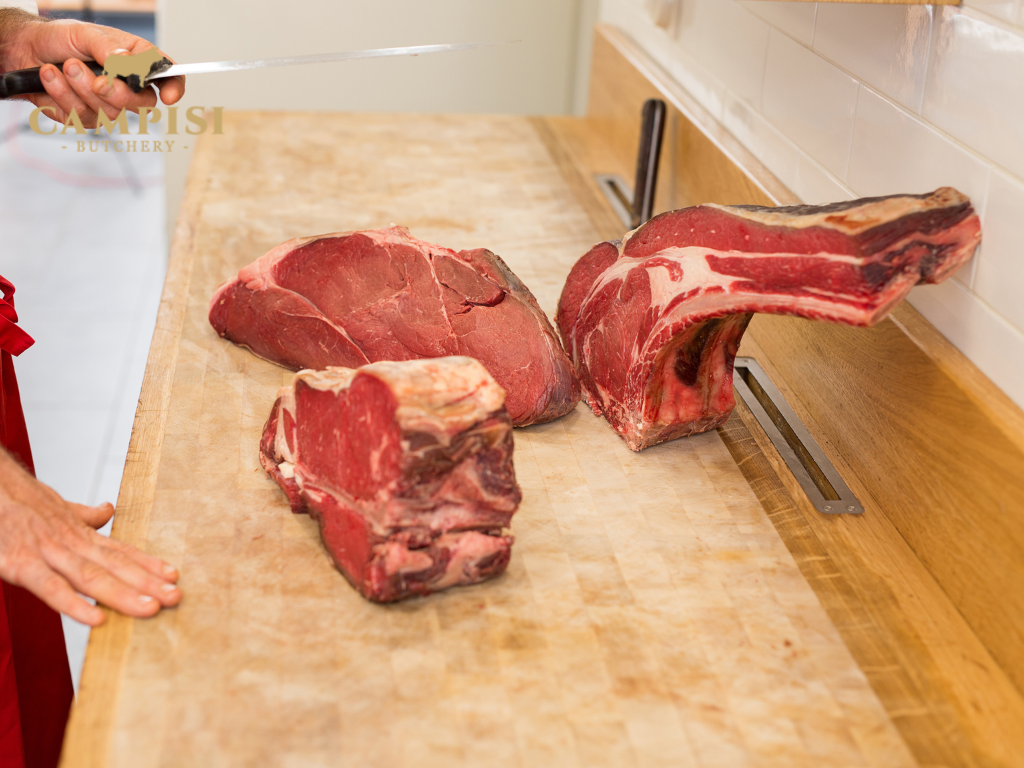
A strong brand identity and clear positioning are crucial for distinguishing your offerings in the competitive meat wholesaling industry.
Establishing a Strong Brand Identity
Creating a strong brand identity involves more than just a memorable logo or catchy tagline; it’s about defining what your brand stands for, its values, and the unique benefits it offers. Consistency in branding across all marketing channels reinforces brand recognition and supports marketing efforts. Storytelling can be a powerful element of brand identity, connecting with customers on an emotional level and highlighting the journey from farm to table.
Positioning Your Offerings
- Premium Products: If your strategy is to offer high-end, premium meat products, emphasize quality, exclusivity, and superior taste in your marketing messages.
- Sustainability: For wholesalers focusing on sustainable and ethically sourced meat, highlighting the environmental benefits, animal welfare considerations, and supporting local farmers can attract a specific segment of the market.
- Cost-Effectiveness: Positioning your products as cost-effective solutions without compromising on quality can appeal to budget-conscious businesses and consumers.
Sales Promotions and Partnerships
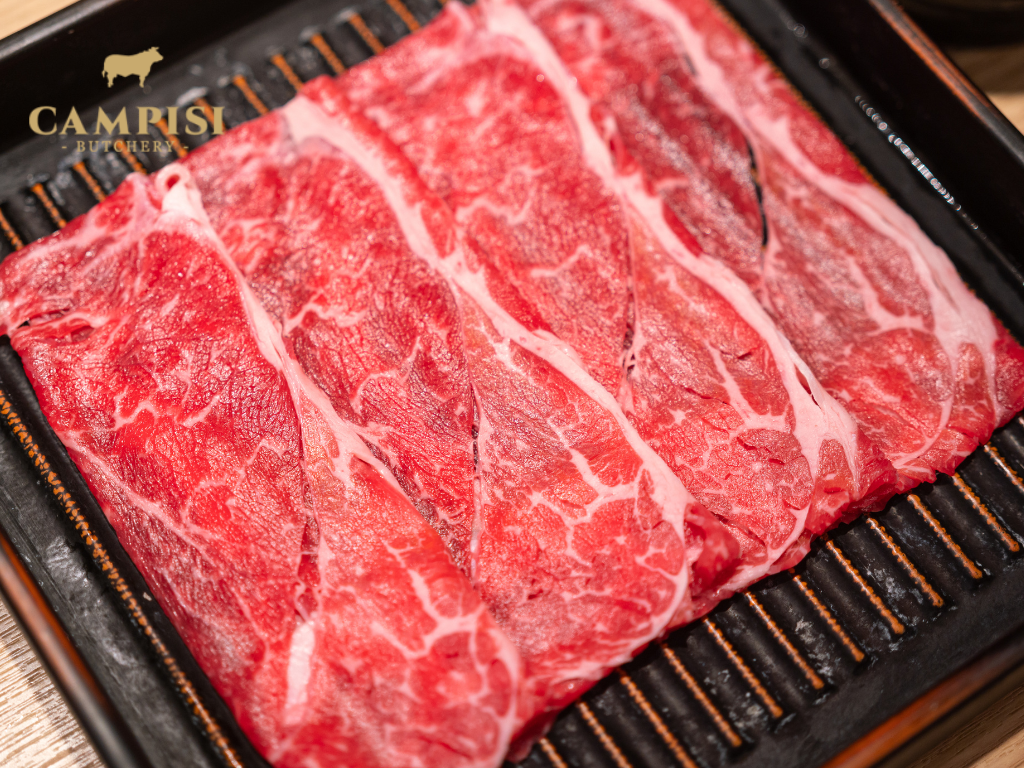
For meat wholesalers, strategic sales promotions and partnerships are key tactics for expanding market reach and enhancing brand visibility. These approaches not only drive sales but also establish a wholesaler as a key player in the industry.
Implementing Promotional Strategies
- Volume Discounts: Offering discounts for bulk purchases can incentivize larger orders, benefiting both the wholesaler and the customer.
- Limited-Time Offers: Time-sensitive promotions create a sense of urgency, encouraging customers to act quickly to take advantage of special deals.
- Loyalty Programs: Rewarding repeat customers with discounts, exclusive offers, or first access to new products can foster loyalty and encourage continuous business.
- Cross-Promotions: Collaborating with complementary businesses (such as restaurant supply companies) for joint promotions can broaden your reach.
Building Partnerships and Networks
- Industry Associations: Joining meat industry associations can provide networking opportunities, access to industry insights, and participation in collective marketing efforts.
- Strategic Alliances: Forming alliances with businesses that serve similar target markets can offer mutual benefits, such as shared marketing costs and customer referrals.
- Community Engagement: Partnering with local community events and charities can enhance brand reputation and visibility within the community.
Measuring and Adjusting Marketing Efforts
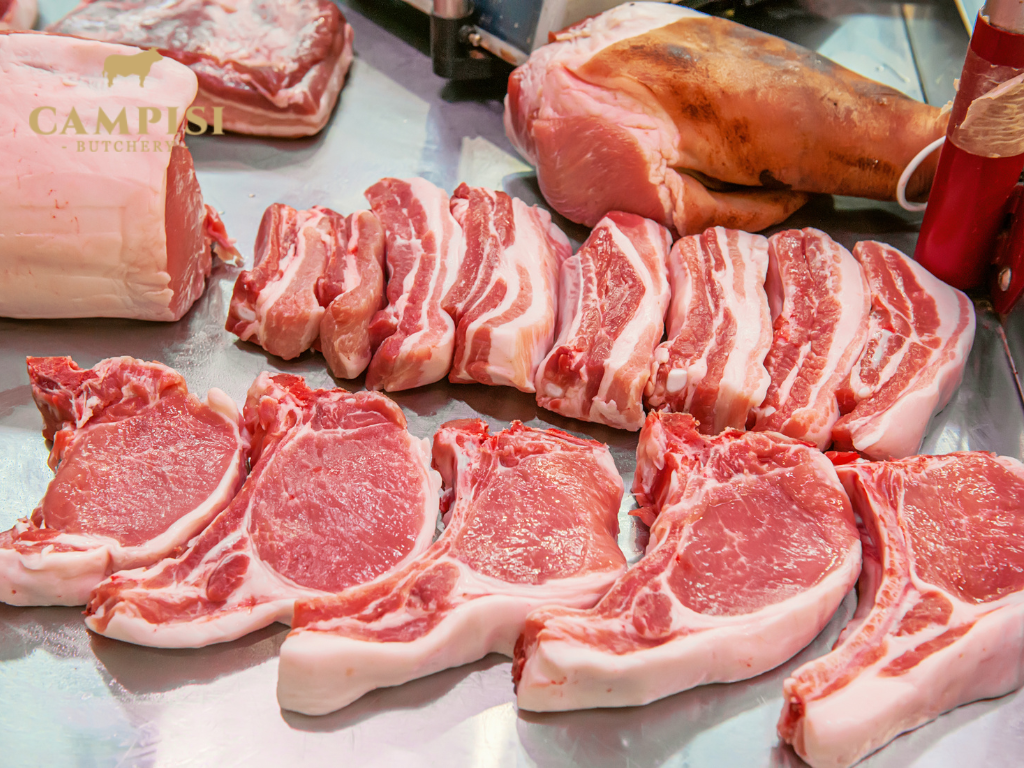
To ensure the effectiveness of marketing strategies, meat wholesalers must consistently track performance and be willing to adjust tactics based on results and feedback.
Tracking Marketing Performance
- Analytics Tools: Utilizing web analytics tools to track website traffic, engagement, and conversion rates from various marketing campaigns.
- Sales Data: Analyzing sales data to understand the impact of specific promotions and marketing activities on revenue.
- Customer Feedback: Gathering and evaluating customer feedback to assess satisfaction and identify areas for improvement.
Iterative Marketing
- Continuous Optimization: Based on performance data, continuously optimize marketing strategies to improve results.
- A/B Testing: Regularly testing different marketing messages, channels, and strategies to find the most effective approach.
- Market Adaptation: Staying informed about market trends and consumer preferences to quickly adapt marketing strategies as needed.
Conclusion
In the ever-evolving meat industry, the ability to adapt and refine marketing strategies is crucial for success. Meat wholesalers must embrace change, continuously seek innovative marketing tactics, and leverage data to inform decisions. By staying flexible and responsive to market dynamics and consumer trends, wholesalers can sustain growth, maintain relevance, and strengthen their position in the competitive marketplace.

